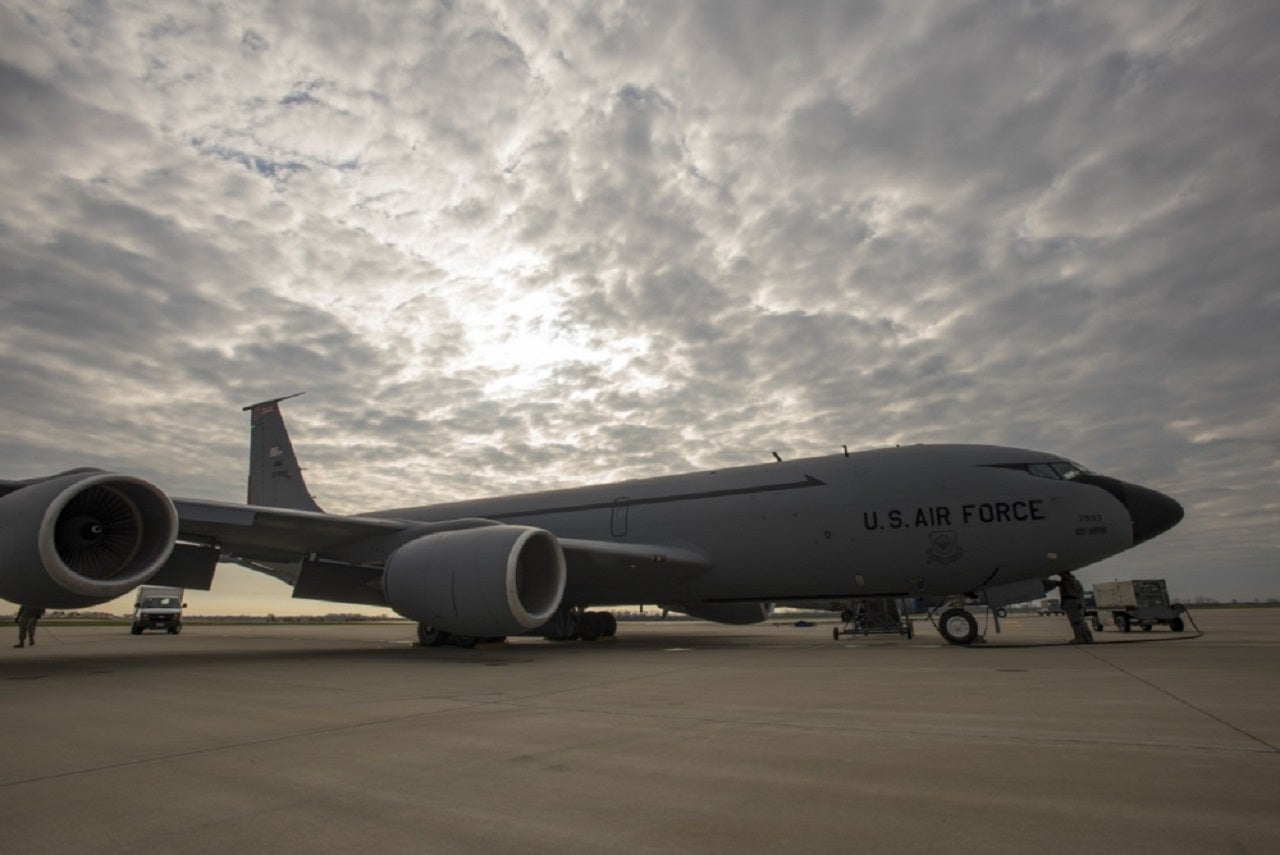
US Air Force (USAF) airmen from Rickenbacker Air National Guard Base and Tinker Air Force Base have helped update procedures to test KC-135 Stratotanker and C130 Hercules aircraft batteries.
This is said to help resolve battery testing failure while reducing cost and maintenance delays.
The batteries are a backup for aircraft to power essential equipment if engine generators fail.
Currently, over 600 aircraft globally of the airforce’s C-130 and KC-135 fleets operate with the batteries.
Air Force Research Laboratory (AFRL) Advanced Power Technology Office aviation programme lead Ed Clark added: “These batteries go through periodic maintenance and charging every year, and with proper use, they’ll last about five years.
“So when we discovered that the turnover had increased so rapidly, we wanted to know why. With the team’s help, we were able to find a solution.”
How well do you really know your competitors?
Access the most comprehensive Company Profiles on the market, powered by GlobalData. Save hours of research. Gain competitive edge.

Thank you!
Your download email will arrive shortly
Not ready to buy yet? Download a free sample
We are confident about the unique quality of our Company Profiles. However, we want you to make the most beneficial decision for your business, so we offer a free sample that you can download by submitting the below form
By GlobalDataThe airmen stated that with the upgrade of the technical guidelines and adjustment of the voltage and charging settings required a specific process.
With this, the old charging devices can be synchronised with modern batteries and confirm accurate test results.
USAF 121st Maintenance Squadron electrical and environmental specialist technical sergeant Jeffrey Frey said: “We noticed that we had condemned more batteries in six months, than we had in the previous year.
“The battery is coded as an expendability item, so if they fail maintenance tests, they are thrown away, which requires us to complete additional paperwork and go through the discard and replacement process.”
Currently, the draft technical order (TO) has been approved for testing by specific field and warehouse maintenance units.
The AFRL is expected to issue an official TO later this year.
The team expects this update to reduce the rate of discarded batteries in the enterprise and could save around $463,000 in battery replacement costs per year.
It could also save approximately 5,280 hours of maintenance time for the entire airforce.



